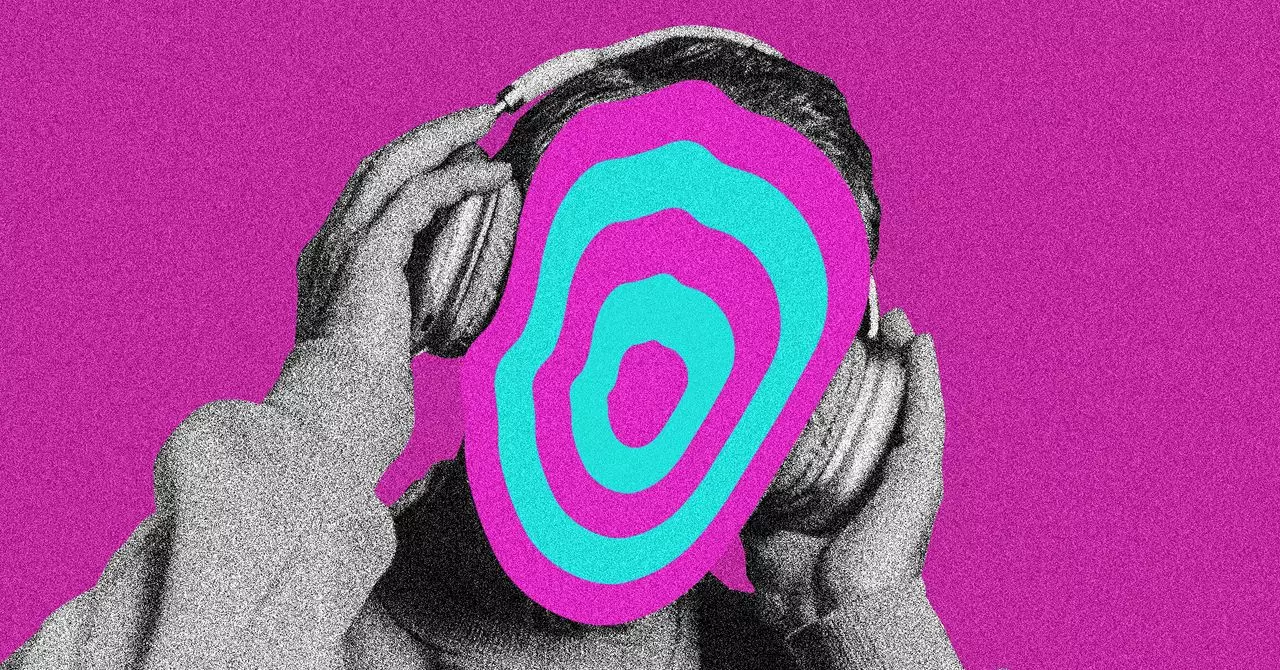In recent years, artificial intelligence has transformed from a niche technological novelty into a pervasive force reshaping the landscape of digital entertainment. Music streaming platforms, once bastions of human artistry, are now inundated with AI-generated tracks that vary wildly in genre, quality, and purpose. This rapid expansion is not only a testament to technological progress but also highlights a fundamental shift in how music is produced, distributed, and consumed. While some view this wave as an exciting frontier filled with innovation, others see it as a troubling erosion of authenticity and artistic integrity.
What’s most striking about AI’s infiltration into music is its capacity to mimic and sometimes distort human creativity. Platforms like Spotify and Deezer, despite their efforts to regulate the influx of AI content, struggle to keep pace with the sheer volume of generated tracks. As reported, up to 600,000 songs labeled as AI-generated are uploaded monthly on Deezer alone. These tracks range from humorous, niche humor like explicit novelty songs to attempts at producing genre-specific music—country, soul, or psychedelic rock—that resonates with genuine listeners. The concerning aspect? Many of these tracks go unnoticed as artificial constructs, further blurring the line between human and machine-made art.
Why AI-Generated Music Sparks Both Interest and Alarm
The motivations behind this spike in AI music are multifaceted. On one side, creators like “JB” leverage AI to produce adult-themed novelty songs, turning a profit through Patreon or Bandcamp while spending hours crafting each piece. Their work raises questions about value and artistry—if a song is generated by a machine, does it still hold artistic worth? For many, the answer is complicated. Some see AI as a tool democratizing music creation, lowering barriers for entry and enabling countless individuals to express themselves. Others worry that it dilutes the cultural significance of musical craftsmanship.
More problematic are the ethical and economic implications. Large streaming services, despite attempting to police AI uploads, have yet to establish comprehensive policies for identifying or blocking AI content, much less labeling it clearly. This opacity can deceive listeners into thinking they’re hearing genuine human-created music, which might influence purchasing decisions, loyalty, and perception of artists’ originality. Moreover, AI giants can flood platforms with seemingly endless tracks, making it difficult for authentic artists to find visibility or sustain their careers in a crowded digital marketplace.
The proliferation of AI music also introduces potential legal and moral dilemmas. Deepfake technology can imitate artists’ voices without consent, creating realistic but fake recordings. While platforms like YouTube demand disclosure for AI content, others like Spotify lack such transparency, leaving consumers in the dark about what they’re listening to. This raises questions about intellectual property rights, consent, and the cultural value of authenticity.
The Future of Music in an AI-Driven World
As AI music continues its rapid ascent, the future appears both promising and perilous. On one hand, AI has the capacity to foster innovation, generate genre-bending tracks, and assist artists in exploring new creative avenues. It can serve as a digital collaborator, breaking down traditional barriers and inspiring fresh musical ideas. For underserved communities or experimental creators, AI opens doors that were previously closed.
Conversely, the unchecked development and deployment of AI-generated content threaten to overshadow genuine human artistry. The risk of overwhelming listeners with synthetic tracks that lack emotional depth and cultural context is real. The challenge lies in balancing technological advancement with ethical stewardship—ensuring transparency, protecting artists’ rights, and maintaining the cultural integrity of music.
Most importantly, there needs to be a paradigm shift among streaming platforms, emphasizing accountability and consumer awareness. Mandating clear labels for AI content, establishing stricter upload controls, and fostering a culture of honesty could help uphold music’s integrity amid this digital revolution. Only through deliberate regulation and an ongoing debate about what music should stand for can society navigate the complexities of AI’s role in culture.
As the digital age accelerates, the music industry finds itself at a crossroads. Artificial intelligence can be a powerful ally or a formidable adversary, depending on how it is wielded. It’s crucial for creators, platforms, and consumers alike to critically examine their relationship with AI music and demand a future where authenticity and innovation coalesce rather than clash.

